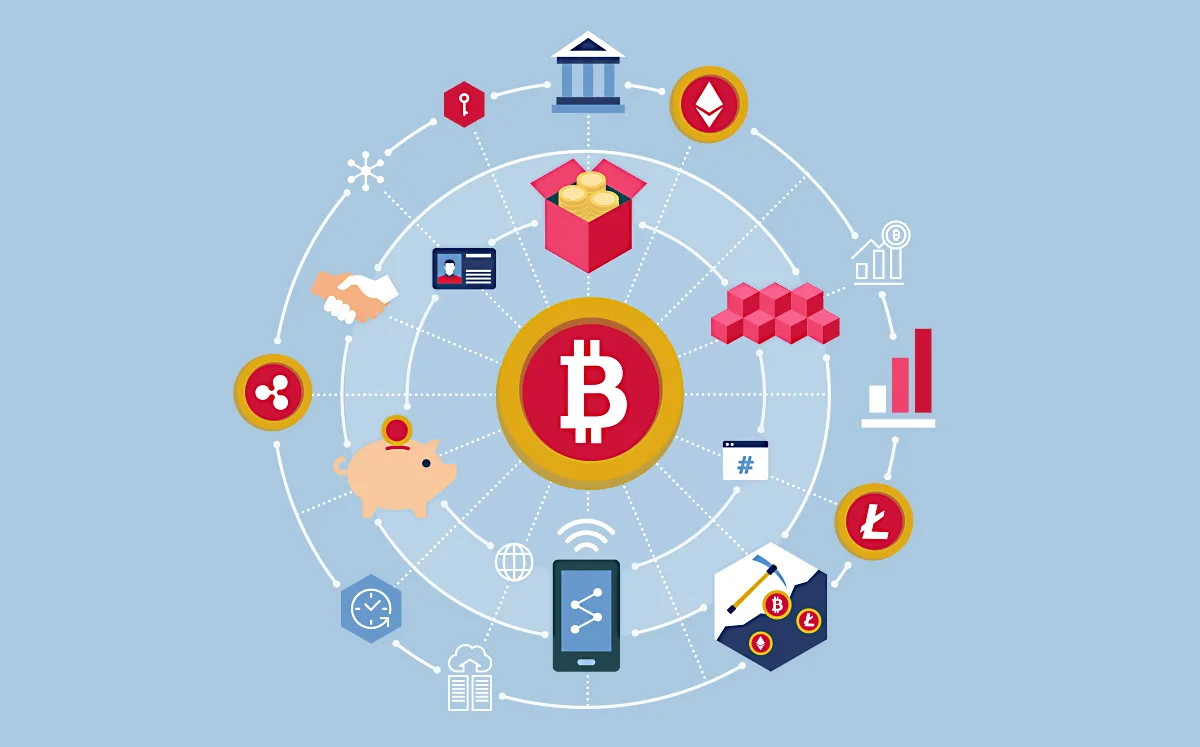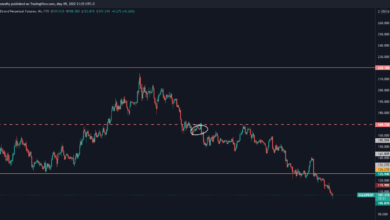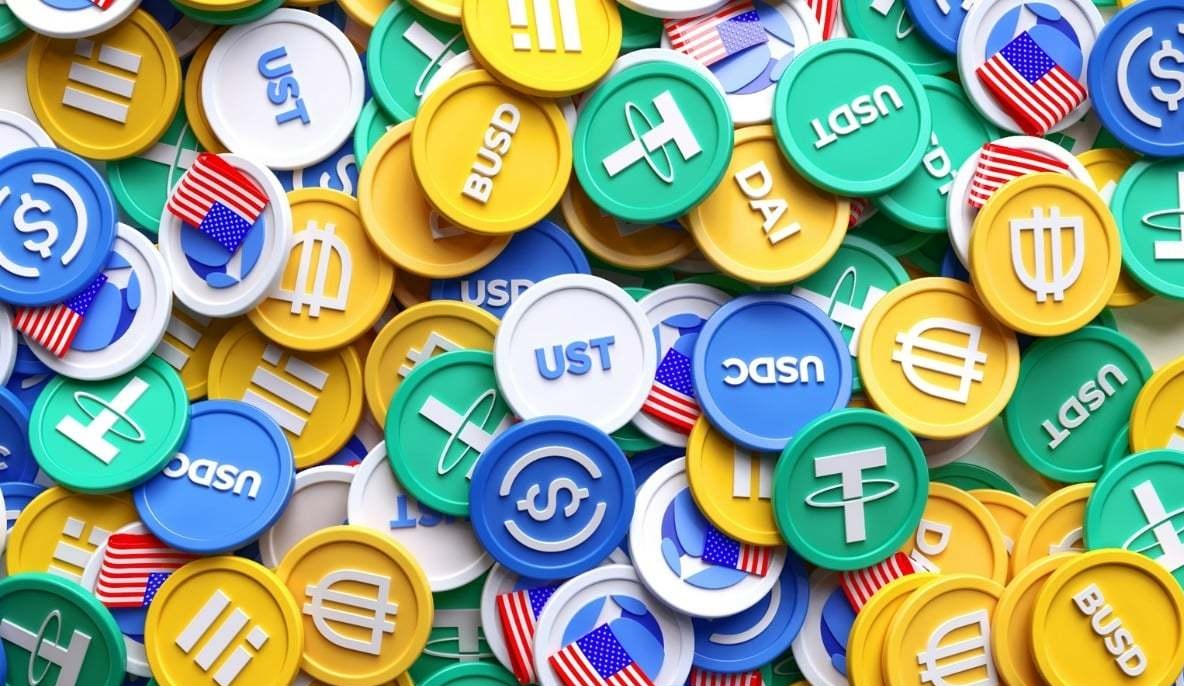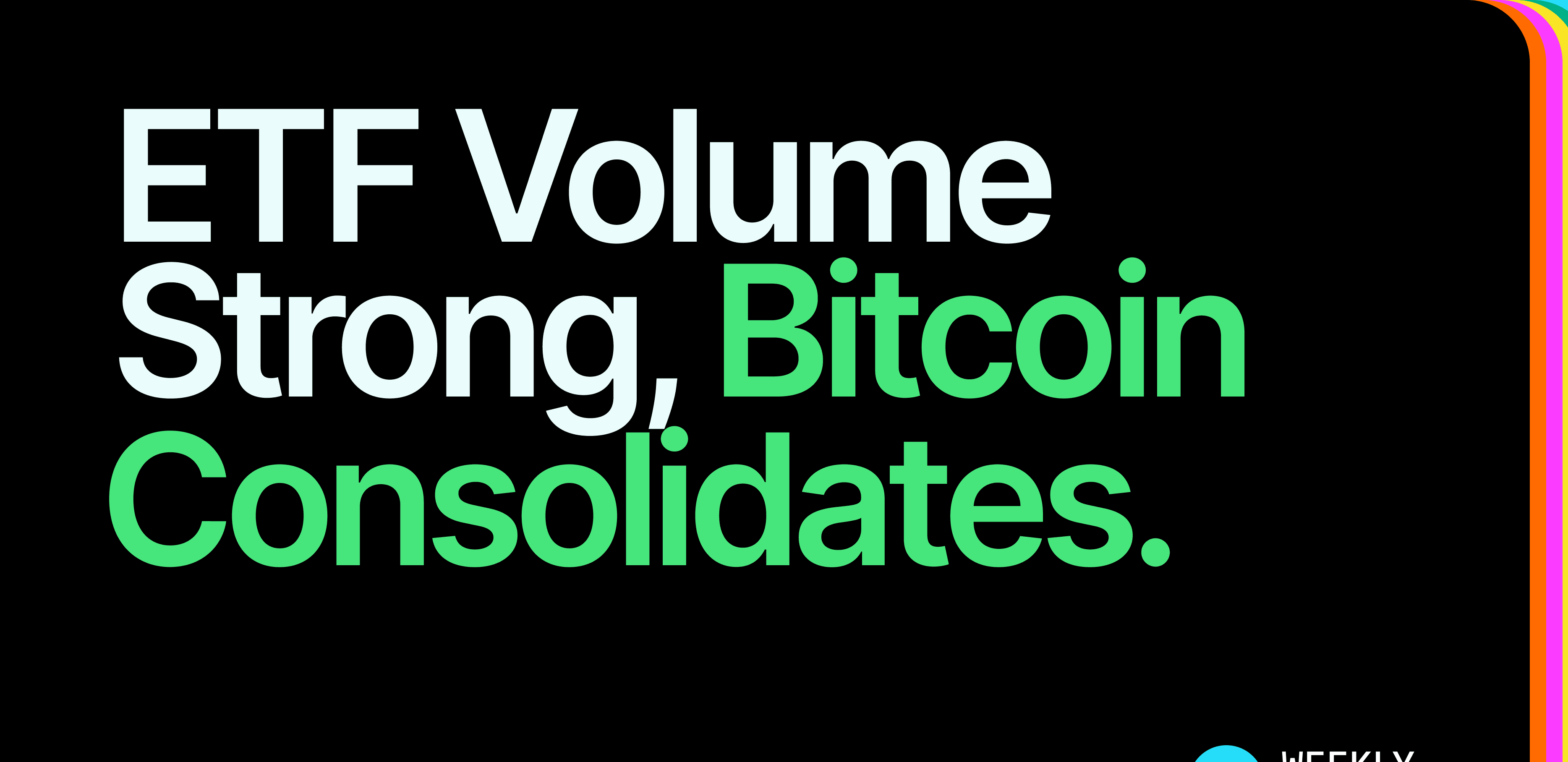
Bitcoin 101: A Beginner’s Guide to the World of Cryptocurrency
Bitcoin 101: A Beginner’s Guide: Bitcoin has become a household name, yet many still wonder what it is and how it works. As the first and most well-known cryptocurrency, Bitcoin has revolutionized the way we think about money, payments, and financial independence. If you’re new to the world of Bitcoin, this beginner’s guide will help you understand the basics and get started.
What Is Bitcoin?
 Bitcoin is a decentralized digital currency that allows users to send and receive money without relying on a central authority, like a bank or government. It was invented in 2008 by an anonymous person or group known as Satoshi Nakamoto and operates on a technology called blockchain, a secure and transparent ledger of all transactions.
Bitcoin is a decentralized digital currency that allows users to send and receive money without relying on a central authority, like a bank or government. It was invented in 2008 by an anonymous person or group known as Satoshi Nakamoto and operates on a technology called blockchain, a secure and transparent ledger of all transactions.
Unlike traditional currencies (like the US dollar or euro), Bitcoin is entirely digital and not tied to any physical commodity or institution.
How Does Bitcoin Work?
- Blockchain Technology: Bitcoin transactions are recorded on a blockchain, a decentralized and immutable ledger. Each “block” contains details of multiple transactions, which are verified and added to the chain by a network of computers called nodes.
- Mining: New Bitcoins are created through a process called mining, where powerful computers solve complex mathematical problems. This process also helps validate transactions on the blockchain.
- Wallets: To use Bitcoin, you need a digital wallet. Wallets store your Bitcoin and allow you to send and receive it. Wallets can be hardware-based (physical devices) or software-based (apps or web platforms).
Why Use Bitcoin?
- Decentralization: Bitcoin operates without a central authority, making it resistant to government interference and monetary policy.
- Transparency: The blockchain ensures that all transactions are visible and verifiable, reducing the risk of fraud.
- Security: Cryptographic techniques protect Bitcoin transactions and wallets.
- Borderless Payments: Bitcoin allows instant, low-cost transactions across the globe, regardless of borders or banking hours.
How to Get Started with Bitcoin
- Set Up a Wallet: Choose a wallet based on your needs—hardware wallets for maximum security or software wallets for convenience.
- Buy Bitcoin: You can purchase Bitcoin from cryptocurrency exchanges, peer-to-peer platforms, or Bitcoin ATMs using fiat currency.
- Secure Your Investment: Use strong passwords, enable two-factor authentication, and, if possible, store your Bitcoin in a hardware wallet.
- Start Small: Bitcoin is divisible, so you don’t need to buy a whole Bitcoin. Start with a small amount to get comfortable with how it works.
Risks and Considerations
- Volatility: Bitcoin prices can be highly volatile, making it risky for short-term investments.
- Regulation: Cryptocurrency regulations vary by country, so ensure you understand the legal implications in your region.
- Security: While Bitcoin is secure, user errors, such as losing your wallet’s private key, can result in irrecoverable losses.
The Future of Bitcoin
Bitcoin has come a long way since its inception, gaining mainstream acceptance and being adopted by businesses and institutions. As the world moves toward digital solutions, Bitcoin could play an even greater role in reshaping finance and empowering individuals with more control over their money.
Conclusion
Bitcoin is more than just a buzzword—it’s a revolutionary technology that offers an alternative to traditional financial systems. By understanding Bitcoin 101: A Beginner’s Guide its fundamentals and risks, you can start exploring this exciting new world. Whether you’re investing, using it for payments, or simply curious, Bitcoin represents the beginning of a new era in finance.
[sp_easyaccordion id=”4906″]







